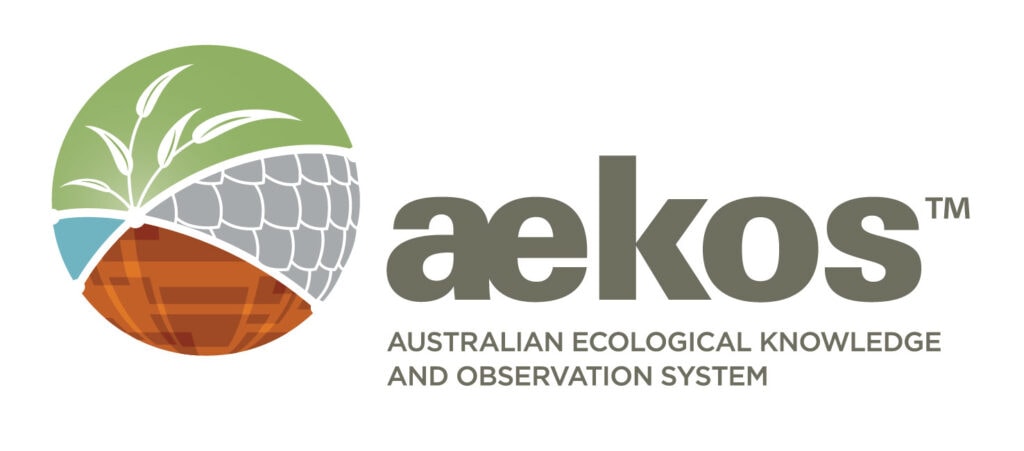TERN’s Eco-informatics Facility is excited to receive close to $1M from the National eResearch Collaboration Tools and Resources (NeCTAR) project to create a new eResearch tool called the Submission, Harmonisation and Retrieval of Ecological Data (SHaRED) Tool, which aims to encourage the storing and publishing of ecological research data by scientists.
Ecologists produce huge volumes of data for research and after publishing their work they often store the data on personal computers for many years. These days however with the rapid turnover in data storage technology, it doesn’t take long before data becomes inaccessible and lost forever. University surveys strongly indicate that scientists are calling for online research data management systems that enable them to easily upload datasets into a common and secure data repository where their data can be both stored in perpetuity and retrieved for re-use to create new science, new knowledge and educational tools, and where researchers are acknowledged of the value of their data.
The associate science director of TERN from The University of Adelaide, Prof Andy Lowe, said SHaRED is for the benefit of ecosystem scientists and it will revolutionise the way they manage their research datasets. “This new funding will help ecosystem scientists throughout Australia to store and retrieve their data. Ultimately, SHaRED will enable scientists and resource managers to locate, access and synthesise ecological data. This tool will set the benchmark for new data management infrastructure for ecologists in universities, research organisations and government agencies. We’re excited that NeCTAR has recognised the value of the tool by providing Eco-informatics with the opportunity to build this much needed e-research tool.”
SHaRED will be the first of its kind in Australia and internationally. It will utilise the knowledge of eminent scientists supporting the research community of TERN’s Multi-Scale Plot Network (MSPN). The tool will enable scientists to upload data within a structured and robust information framework containing ecological vocabularies that scientists understand using smart, online entry forms.
Craig Walker, Director of Eco-informatics said data submission of structured metadata will be straight forward for the scientist – just like filling out an e-tax form but with ecologically meaningful prompts to guide descriptions of datasets. “Discovery and retrieval of ecological data for re-use will also be equally intuitive as the display will have terms familiar to ecologists. From there, extraction will be simple and in a format suitable for uploading into research software such as statistical packages. It is at this stage that researchers will receive recognition from other scientists as their data is re-used”.
Researchers will be able to submit data into SHaRED in different modes reflecting the importance of the data and the effort willing to be undertaken by the researcher. This includes structured metadata only, through metadata (information about the data) attached to an opaque dataset such as an excel spreadsheet, to data which can be fully entered into the Eco-informatics system, known as ÆKOS (Australian Ecological Knowledge and Observation System).
Professor Tim Clancy, the Director of TERN, said “SHaRED will be a major step forward, ultimately delivering huge amounts of previously unavailable scientific data to support and extend terrestrial ecosystem science, education and management. It also helps to strengthen research networks and scientific collaborations by providing information about other researchers and their scientific endeavours, stimulating increased communication and partnerships.”
Associate Professor Glen Maloney, director of NeCTAR said he was pleased to announce a partnership with TERN Eco-informatics Facility at The University of Adelaide on the SHaRED project. “SHaRED will build a new and innovative tool using semantic technologies based on those developed for ÆKOS. It’s an e-research tool that directly meets the needs of the ecological research community.”
NeCTAR is an Australian Government project conducted as part of the Super Science Initiative and funded by the Educational Investment Fund. The University of Melbourne has been appointed the lead agent by the Commonwealth of Australia, Department of Industry, Innovation, Science, Research and Tertiary Education.
For further information about SHaRED please contact Martin Pullan. For further information about TERN Eco-informatics, visit the facility’s website or contact staff.



Published in TERN e-Newsletter June 2012.






